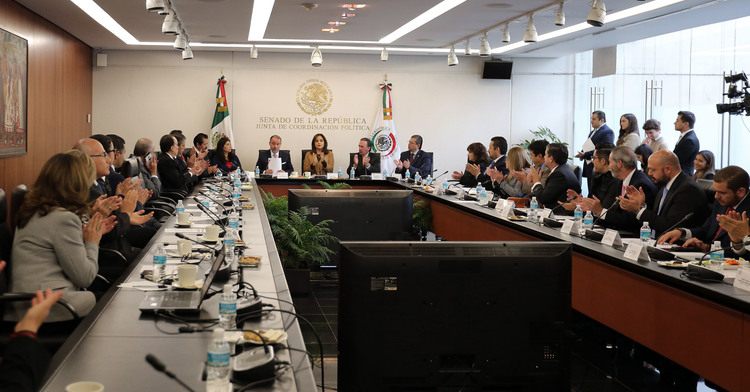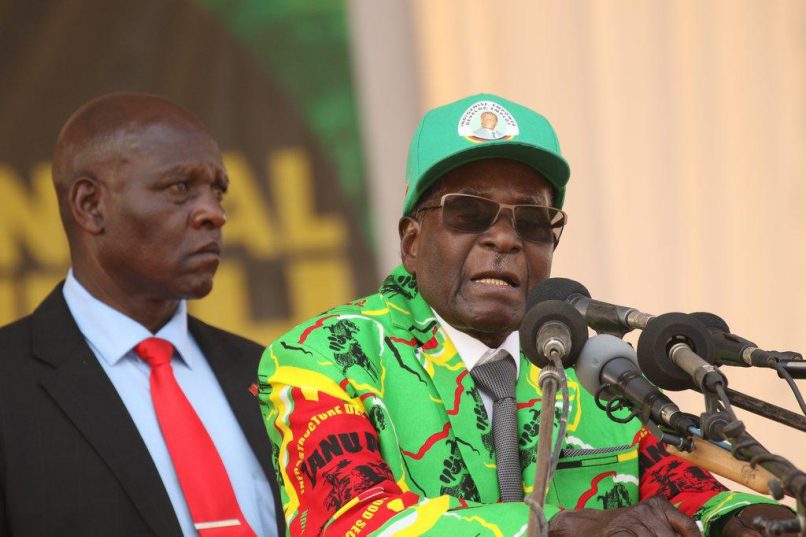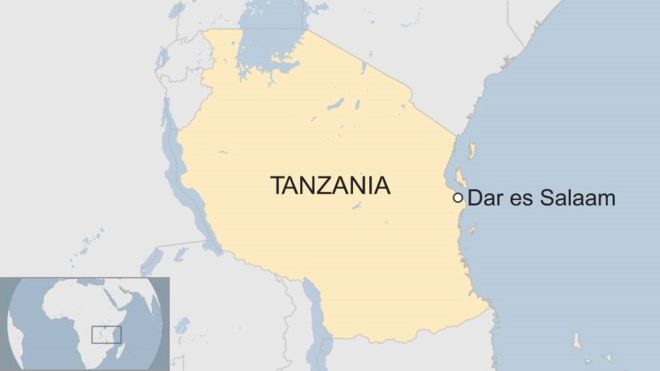By Jenilyn Brhel
Impunity Watch Reporter, Europe
WARSAW, Poland – An estimated 60,000 far-right demonstrators marched through Warsaw on Poland’s 99th Independence Day.

On Saturday, November 11th, tens of thousands of people gathered in what is being described as one of the biggest gatherings of far-right supporters in recent years.
The march, organized by far-right groups, is held annually on Poland’s Independence Day. The march has become an international magnet for far-right supporters and white supremacists.
The crowd welcomed far-right leaders from Britain and Italy. Richard Spencer, the American white nationalist who organized the Charlottesville, Virginia protest that killed a young counter-protester, was scheduled to attend but cancelled his plans after the Polish government advised him that he was not welcome in the country.
The National Radical Camp (NRC) was one of the lead organizers of the march. The NRC has previously marched against Muslim immigration into the country, gay rights and the European Union. Anything that is considered to undermine Polish Catholic values is a target of the nationalists.
Tomasz Dorosz, a member of the NRC, took the stage on Saturday. “Europe and the world is in decay: culturally, politically, economically. We Poles have to be the alternative,” said Dorosz. “There will be a national Poland or none.”
Demonstrators wearing masks carried signs containing such phrases as “Clean Blood”, “Pray for an Islamic Holocaust” and “Europe Will Be White.” They threw red-smoke bombs as they marched.
One far-right demonstrator interviewed by a Polish television station said he was on the march to “remove Jewry from power.”
“It’s 50,000 to 100,000 mostly football hooligans hijacking patriotism,” said one counter-protester. “For me, it’s important to support the anti-fascist coalition, and to support fellow democrats, who are under pressure in Poland today.”
The march has grown in numbers steadily since it began in 2009. Nick Loweles, member of the anti-extremism group Hope Not Hate, said that “the numbers attending this year seem to be bigger and, while not everyone on the march is a far-right activist or fascist, it is undoubtedly becoming more significant and is acting as a magnet for far-right groups around the world.”
A smaller group of about 5,000 counter-protesters showed up at the march. Several counter-protesters carrying a banner that read “Stop Fascism” were injured when nationalists pushed and kicked them. A heavy police presence and separation of the groups kept further violence at bay.
Many criticize the Polish government and believe that its behavior has fostered intolerance and xenophobia and emboldened the nationalists.
For more information, please see:
BBC – Warsaw Nationalist March Draws Tens of Thousands – 11 November 2017
The New York Times – Nationalist March Dominates Poland’s Independence Day – 11 November 2017
Aljazeera – Why 60,000 People Joined a Nationalist March in Poland – 12 November 2017
CNN – Thousands of Nationalist Protesters Disrupt Poland Independence Day – 12 November 2017
The Guardian – ‘White Europe’: 60,000 Nationalists March on Poland’s Independence Day – 12 November 2017
The Washington Post – ‘Pray for an Islamic Holocaust’: Tens of Thousands From Europe’s Far-Right March in Poland – 12 November 2017



